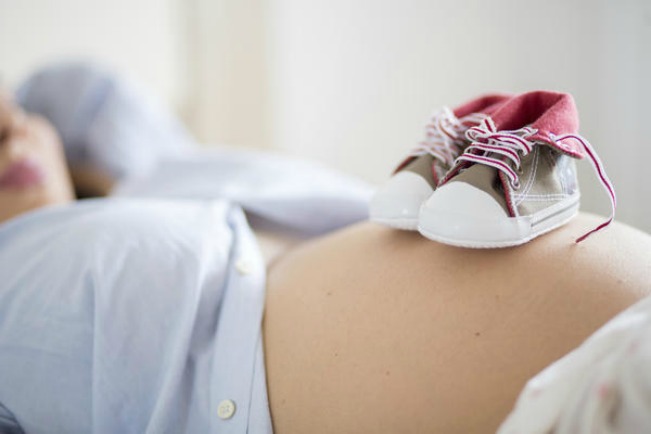Before you miss your period, there are a whole lot of other signs that tell you “You are pregnant”. The beginning of this remarkable experience called motherhood may not be as sweet and awesome as you would expect, but it surely is an unforgettable and once-in-a-lifetime experience. As soon as you conceive, your body will start experiencing many different changes and it’s up to you to detect them timely and act accordingly in order to give birth to a healthy baby.
Truth being told, it can be pretty hard to recognize the early signs of pregnancy, simply because every pregnancy is different and not every woman experiences the same symptoms. However, knowing the first signs of pregnancy is crucial if you do want to find out if you’re pregnant before you wait for your period to be late. Let us help you find out if you’re in the early stages of pregnancy.

In the first week after you get pregnant, it’s safe to say that it’s impossible to detect if you’re pregnant or not, but that doesn’t mean that your body hasn’t started preparing for pregnancy. The baby’s spine, heart and brain are starting to form as early as 10 days after you conceive, but it’s very unlikely for you to feel any symptom. When you’re trying to conceive, it is very important for you to eat more foods that contain folic acid or take folic acid supplements. If you’re not taking any, it is the right time to start supplying the right nutrition to support your baby’s early growth.
In the second week, the chances of experiencing the first signs of pregnancy are increasing. While it may be difficult to notice any changes in your body after two weeks after conception, you may feel that something’s happening inside your body. In the first month of pregnancy, you’re likely to experience some or all of the following symptoms: tender breasts, morning sickness, fatigue, frequent urination, headaches, spotting and mood swings. If you’re lucky, you’ll experience none of these and go straight to a missed period and a positive pregnancy test.
The tingling sensation in your breasts (especially around your nipples) is believed to be the most common and the earliest sign of pregnancy. It happens as your pregnancy hormones start increasing the blood supply to your breasts, which is as early as one week after conception. But once your body adjusts to the pregnancy hormones, your breasts tenderness will disappear.
Another common and significant change early in your pregnancy will be your reduced energy levels. You may start feeling a lot more tired than usually after doing your usual daily chores, because your body will start using your energy to prepare your body for a growing baby. Morning sickness goes hand in hand with lowered energy, which is also a very common symptom. In the first month of your pregnancy, you’re very likely to feel sick and even vomit often. And don’t let its name confuse you, because morning sickness won’t attack exclusively in the morning.
The most reliable symptom of all is a missed period. You will get the most accurate results from a pregnancy test if you take it when your period is due. If your period is late and your pregnancy test shows negative, take another test after three days, because your period may be irregular and you’ve tested earlier than supposed.
























